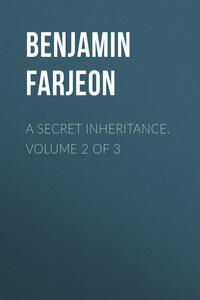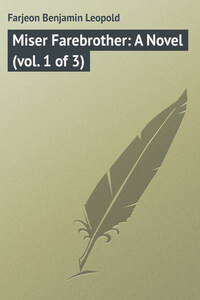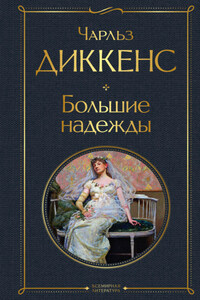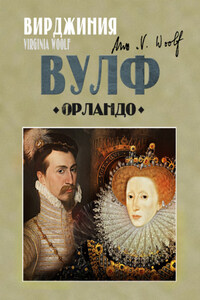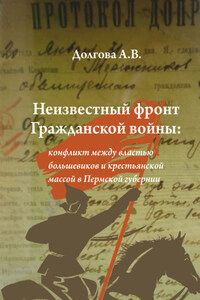This morning, at the Central Criminal Court, Mr. Justice Fenmore resumed the trial of Edward Layton for the wilful murder of his wife, Agnes Layton, on the morning of the 26th of March, by the administration of poisonous narcotics in such quantities as to produce death. Extraordinary as was the excitement caused by yesterday's proceedings, the public interest in this mysterious murder was intensified by the strange decision arrived at by the prisoner on this the third day of his trial.
The Attorney-general, Mr. J. Protheroe, Q.C., and Mr. Standing conducted the case on behalf of the Crown.
The widely spread rumor that an episode of a startling character was impending, received confirmation immediately upon the entrance of the prisoner in the dock. He presented a care-worn appearance, and while the usual formalities were in progress, it was observed that he and his counsel (Mr. Bainbridge, Q.C.) were in earnest consultation, and it appeared as if the learned gentleman were endeavoring to overcome some resolution which the prisoner had formed. At the termination of this conversation Mr. Bainbridge, turning to the Bench, said,
"I have to claim your lordship's indulgence for a statement which I find it necessary to make. It is in the remembrance of your lordship that on the first day of this trial the prisoner was undefended, being, as it appeared, resolutely determined to defend himself. Yesterday morning-that is, upon the second day of the trial-I informed your lordship that the prisoner had been prevailed upon by his friends to intrust his defence to me. Being satisfied in my own mind that nothing would occur to disturb this arrangement-which I venture to say was an advisable one-I did not feel called upon to mention that the prisoner's consent to accept legal aid was very reluctantly given. That this was so, however, is proved by what has since transpired. Both in writing and by word of mouth the prisoner now insists upon conducting his own case, and has distinctly informed me that he will not permit me to act for him. I am empowered to say that his decision is not in any sense personal to myself. It is simply, and regrettably, that he has resolved not to be defended or represented by counsel. In these circumstances I have no option but to place myself in your lordship's hands."
Prisoner. "My lord-"
Mr. Justice Fenmore. "Silence. Your counsel will speak for you."
Prisoner. "My lord, I have no counsel. I am defending myself, and no person shall speak for me."
Mr. Justice Fenmore. "Prisoner at the bar, it is my duty to tell you that the decision at which you have arrived is grave and unwise."
Prisoner. "Of that, my lord, I am the best judge."
Mr. Justice Fenmore. "You may not be. It is scarcely necessary for me to point out to you, a man of intelligence and good education, that there are points in every case, and especially in a case so momentous as this, which an unjudicial, or, to speak more correctly, a mind not legally trained, is almost certain to overlook."
Prisoner. "I understand your lordship, and I thank you but if my acquittal of the terrible crime for which I am now being tried is to be brought about by legal technicalities, I shall prefer not to owe my release to those means. I, better than any man here-unless, indeed, the actual murderer be present-know whether I am innocent or guilty, and in the course I have determined to pursue I am acting in what I believe to be my best interests. Your lordship has referred to me as a man of intelligence and good education. These qualifications will sufficiently serve me, but I do not rely upon them alone. I have really had some sort of legal training, and as I assuredly know that I shall conduct my own defence in a manner which will recommend itself to my heart and my conscience, so do I believe that, if I choose to exercise it-and I suppose most men in my position would so choose-I have legal knowledge sufficient for my needs. The learned counsel who has addressed your lordship has put the matter most fairly. My consent that he should defend me was reluctantly given, and I reserved to myself the right to withdraw it. He has mentioned that this withdrawal is not personal to himself. It is true. To him, above all others, would I intrust my defence, were it not that I have cogent and imperative reasons for trusting no man. I shall not displease one so earnest and high-minded as he when I state that he once gave me his friendship, and that I felt honored by it. Your lordship will pardon me for this statement, the admission of which I feel to be unusual in such a case. I have made it only for the purpose of emphasizing his correct view. My lord, I stand upon my rights. I will conduct my own defence."
The trial was then proceeded with.

